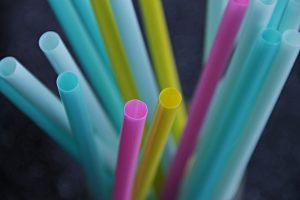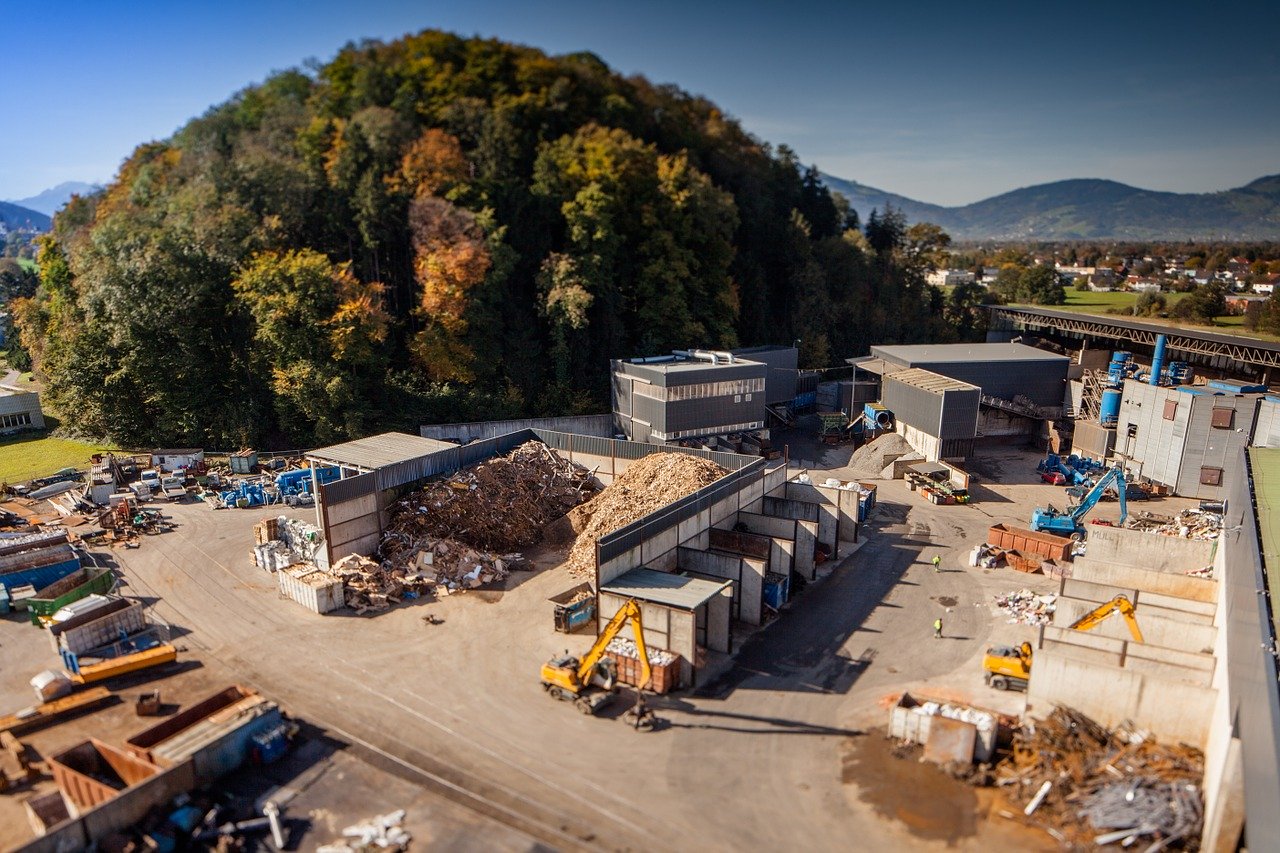What if legislators placed heavy design restrictions on the automotive or aerospace industries? What if engineers at Tesla or Boeing saw their research capabilities reduced to a small palette of less-creative, material options?
Electric vehicles and fuel-efficient airliners outfitted with lightweight composites would not be possible without the manufacturer’s ability to “play jazz” in the laboratory. Innovating impactful, green technologies that are not only sustainable but also market-ready and good for the bottom-line, demands an uninhibited research and development process.

While commercial airliners and electric cars are not single-use plastics at-risk of being tossed along our roadways, they are undergoing a production revolution worthy of replicating.
A report from the California-based, Independent Institute, shows plastic prohibition may cause more ecological and economic trouble than it’s worth. According to the study, costly bans and restrictions discourage creativity while stifling the industry’s ability to engineer innovative solutions like recycling plastic debris.
In fact, “private-sector entrepreneurship, not government regulation, will eventually solve the plastic-waste problem,” the authors concluded.
Right now, regulations not only place heavy constraints on material development, but a finite set of material options are expected to fulfill requirements defined by the consumer. Is it cost-effective? Is it durable and abundant? Is it sterile? Can it be recycled?
Legislators and non-profits say limiting material types used in specific packaging, particularly in food service, will encourage recycling consistency, collection, and standardization. However, there are larger issues interfering with materials making the recycling stream versus contamination.
The State of California acknowledges landfill waste from packaging accounts for 25% of the total waste. While this is sizable, it also implies people are not changing their recycling behavior despite limitations in Styrofoam packaging and single-use plastics.
Just because we want to recycle, does not always mean we have the ability, knowledge, or access to do so. Rather than applying further restrictions, what about increasing funding for advanced recyclers and processors that can increase closed loop opportunities? Or, encourage the innovation of materials to consider limited access to recycling and lack of behavior change?
U.S. Rep. Haley Stevens of Michigan and Rep. Anthony Gonzalez of Ohio recently created the Plastic Waste Reduction and Recycling Act as bipartisan legislation to reduce plastic waste while boosting global competitiveness of the U.S. plastics recycling industry.
The proposed legislation would establish a plastic waste reduction and recycling research and development program, while calling on the federal government to develop a strategy for plastic waste reduction and standards for plastics recycling technologies.
A 2019 Technology Innovation Strategy Survey ranked ‘compliance restrictions’ third in the Top-Five Barriers to Innovation. And if this were not enough, it can also become a strain on the bottom line while setting the stage for inflation, based on increased demand and assuming the burden of mounting production is possible with limited tools.
While this may not apply to all materials or manufacturers, constraining regulations assume all materials can run on current assets and equipment, which can be both capital- and time-intensive if the material requires different or new equipment.
Additionally, pricing increases to manufacture will spike the cost for consumers while the timing of the transition will likely disrupt the supply chain from production to delivery.
But it gets worse.

The fight to reduce plastic waste would be further marred by a stall in preparing recycling alternatives as rates tipped upward and access to the appropriate facilities dwindled.
And inherently, consumers struggle to change their habits due to reluctance or lack of clarity. Because of this, consistent communications and information access are also imperative.
Without a recycling, closed-loop infrastructure, and a universally defined means of disposal, constricting material development will continue to impede innovation and sustainable alternatives to traditional products.
Essentially, the market requires alternatives based on a variety of standards including form factors, usage requirements, and a shared burden on manufacturers and consumers to rethink innovation and habit.
 About the Author: Jessica Benoit is a communications and marketing professional with a successful track record in sustainability strategy, government affairs and product development over the past 15 years. She currently serves as the Director of Corporate Sustainability for a family of operating companies within Jadex Inc., specializing in consumer goods and medical packaging
About the Author: Jessica Benoit is a communications and marketing professional with a successful track record in sustainability strategy, government affairs and product development over the past 15 years. She currently serves as the Director of Corporate Sustainability for a family of operating companies within Jadex Inc., specializing in consumer goods and medical packaging










